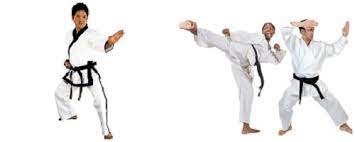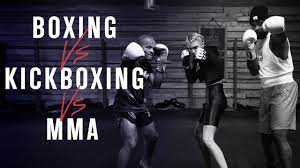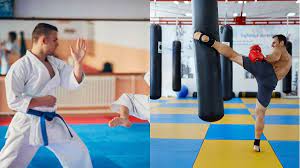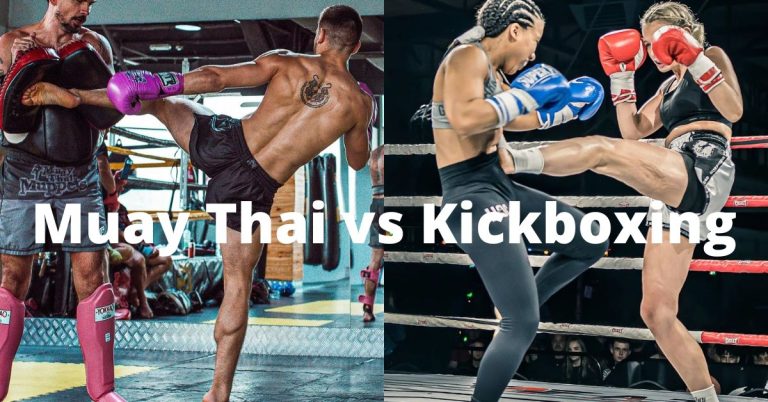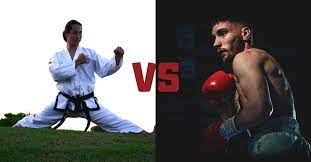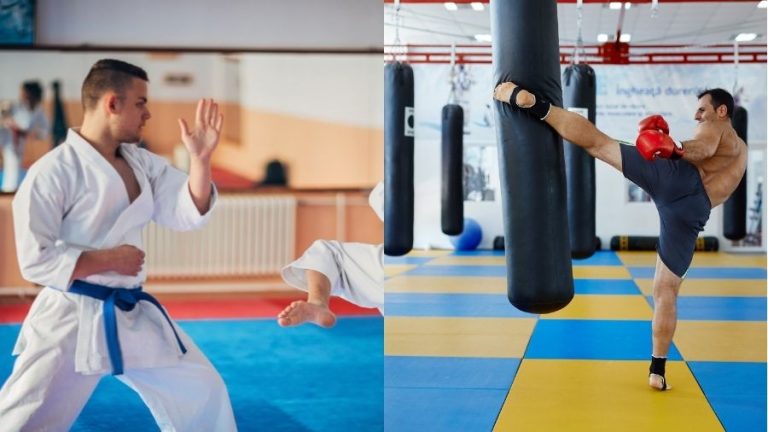Is Karate a Sport?
Introduction
Karate is a martial art that focuses on striking techniques, such as kicks, punches, and knee strikes, as well as grappling and throws. It originated in Okinawa, an island in Japan, and has evolved over the centuries into various styles and forms. Karate practitioners, known as karateka, train to develop physical strength, coordination, flexibility, and mental fortitude.
Defining a Sport
To determine whether karate qualifies as a sport, we must first understand the characteristics that define a sport. Generally, a sport involves physical exertion, competition, and a set of rules governing the activity. It also typically requires skill, strategy, and training. Let’s delve deeper into how karate aligns with these criteria.
The Nature of Karate
Karate encompasses both physical and mental aspects, making it a holistic discipline. It combines rigorous physical training with mental focus and self-control. The techniques and movements in karate are designed to maximize effectiveness while minimizing the risk of injury.
Competitive Elements in Karate
Karate involves various forms of competition, ranging from individual kata (prearranged sequences of movements) to kumite (sparring) matches. Competitors are evaluated based on their execution of techniques, timing, accuracy, and control. Tournaments and championships are organized at regional, national, and international levels, providing karateka with opportunities to showcase their skills and compete for titles.
Karate as Physical Fitness
One of the key benefits of practicing karate is the improvement of physical fitness. The training involves cardiovascular conditioning, strength development, and enhanced flexibility. Regular practice helps participants to develop stamina, agility, and coordination. Karateka strive to achieve peak physical fitness to optimize their performance in competitions.
Mental Discipline in Karate
Beyond the physical aspects, karate emphasizes mental discipline and character development. Practitioners cultivate qualities such as focus, perseverance, self-confidence, and respect. The mental aspect of karate extends beyond the training sessions and becomes a way of life for dedicated practitioners.
Distinction from Traditional Sports
While karate shares certain characteristics with traditional sports, such as physical exertion and competition, it also possesses unique elements. Unlike team sports, karate is an individual pursuit, where the practitioner is solely responsible for their performance. The emphasis on self-defense and personal growth sets karate apart from many conventional sports.
Karate Competitions and Organizations
Karate competitions are organized under the umbrella of various international organizations. These organizations establish standardized rules and regulations to ensure fairness and safety during competitions. The World Karate Federation (WKF) is the leading governing body for karate on a global scale, overseeing major championships and promoting the sport’s development.
Inclusion in the Olympic Games
In recognition of its global popularity and competitive nature, karate was included in the Olympic Games for the first time in 2020 (postponed to 2021 due to the COVID-19 pandemic) as a demonstration sport. This milestone showcases the acknowledgment of karate as a legitimate sport and provides a platform for elite karateka to compete at the highest level.
Popular Misconceptions
There are some misconceptions about karate that need to be addressed. One common misconception is that karate promotes violence. In reality, karate places a strong emphasis on discipline, respect, and self-control. It is not about provoking aggression but rather about self-defense and personal development.
Benefits of Karate
Engaging in karate training offers numerous benefits. It improves physical fitness, enhances mental focus and discipline, builds self-confidence, and teaches practical self-defense skills. Karate also instills values such as perseverance, respect, and humility, which can positively impact various aspects of an individual’s life.
Training and Techniques
Karate training involves a systematic approach to learning techniques, forms, and strategies. Beginners start with fundamental movements and gradually progress to more advanced techniques. Practitioners practice kihon (basic techniques), kata (forms), and kumite (sparring) to develop proficiency in various aspects of karate.
Styles of Karate
There are several styles of karate, each with its own unique characteristics and techniques. Some popular styles include Shotokan, Goju-Ryu, Wado-Ryu, and Shito-Ryu. These styles may differ in their stances, footwork, techniques, and training methods, offering practitioners a range of options to suit their preferences.
Karate vs. Other Martial Arts
Karate is often compared to other martial arts such as taekwondo, judo, and kung fu. While there may be similarities in certain aspects, each martial art has its distinct techniques, philosophies, and training methodologies. The choice between karate and other martial arts ultimately depends on individual preferences and goals.
Conclusion
In conclusion, karate can be considered both a martial art and a sport. It encompasses physical training, mental discipline, and competitive elements. Karate promotes physical fitness, character development, and self-defense skills. Its inclusion in the Olympic Games further solidifies its status as a recognized sport on a global stage.

